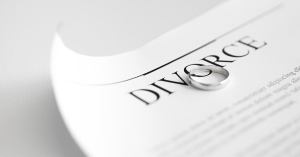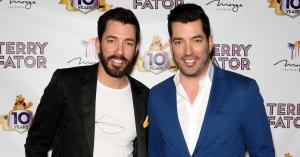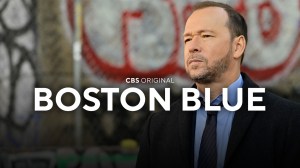The 2020 White House Easter Egg Roll has been canceled amid the coronavirus pandemic. Taking place on the South Lawn, the annual event was scheduled to take place on Monday, April 13, but has been called off “out of an abundance of caution,” the White House confirmed Monday.
“The health and safety of all Americans must be the first priority, especially right now. I deeply regret this cancellation, but we need to make difficult decisions in the short-term to ensure a healthy country for the long-term,” First Lady Melania Trump announced in a statement. “During this time, I encourage everyone to listen to state and local officials, and follow CDC guidelines in order to help protect the health and well-being of everyone,” she added.
Videos by PopCulture.com
White House Easter Egg Roll cancelled… pic.twitter.com/XM40VvmlDY
— Paul Bedard (@SecretsBedard) March 16, 2020
The Easter Egg Roll dates back to 1878 when Rutherford B. Hayes was president, according to the White House, though more informal egg-rolling parties are believed to have begun under President Abraham Lincoln. Although an annual event since 1878, there have been a few lapses, including from 1917 to 1920 and from 1943 to 1945 due to World War I and World War II as well as 1946 to 1952 due to food conservation and construction on the White House.
Drawing thousands of attendees, the decision to cancel this year’s event follows the Centers for Disease Control and Prevention’s (CDC) guidelines to practice social distancing to help slow the spread of the coronavirus. On Sunday, the CDC issued new guidelines recommending that gatherings of 50 people or more be postponed or canceled for the next eight weeks.
The guidelines come as more and more people test positive for COVID-19 in the United States. As of Monday morning, a New York Times database recorded more than 3,600 people affected within the United States, with the death toll rising to 66. Worldwide, the total number of confirmed cases has surpassed 170,000, with more than 6,500 fatalities.
As a result, President Donald Trump on Friday declared a national emergency.
“To unleash the full power of the federal government under this effort today, I’m officially declaring a national emergency,” he announced during a speech given in the Rose Garden. “Two very big words. The action I am taking will open up access to $50 billion…for states and territories and localities in our shared fight against this disease.”









